What is AAPI Heritage Month?
AAPI Heritage month is a month dedicated to educating and celebrating all that Asian Americans have done for America throughout history, and what they still continue to contribute today.
On the left is portrayed a young Filipino women symbolizing her culture and the rich heritage she carries with her. The right, depicts a woman of South-East Asian descent dressed in a sari, emphasizing the deep history and stories our clothing tells about us, as humans and our culture.
May 10, 2023
May is known as AAPI heritage month which celebrates, educates and acknowledges the diverse cultures, achievements and contributions that Asian Americans and Pacific Islanders (AAPI) have made in the United States. AAPI Heritage Month originated in the 1970s, when American educators and activists advocated for the integration of Asian American history into school curricula.
In 1978, President Jimmy Carter signed the “Proclamation 4650” which recognized the first week of May as Asian Pacific American Heritage Week, aiming to celebrate the contributions and efforts Asian Americans have made to the greater overall American society.
The AAPI community comprises over 50 ethnic groups, each with distinct languages, religions, cultures, histories and rich stories to share. This diversity is a vital aspect of the AAPI experience, emphasizing the importance of recognizing and celebrating the unique contributions of every group.
Emma Meng ’26 shares how her heritage as a Chinese American has made a lasting impact on her, and emphasizes the importance of educating people about AAPI heritage: “The lack of recognition towards AAPI month directly correlates to Americans’ attitudes toward Asian Americans. Obviously, some responsibility falls on Asian Americans to bring their experience to light, but there is also a responsibility to America in giving AAPI month the recognition it deserves.”
AAPI Heritage Month is marked by cultural events, exhibitions, festivals and educational programs showcasing the diversity and achievements of the AAPI community.
It is also an opportunity to recognize the struggles and sacrifices of AAPI communities, such as Japanese Americans’ experiences during World War II and the discrimination and violence faced by AAPI individuals during the COVID-19 pandemic. The AAPI community has faced increased discrimination and violence, highlighting the need to address systemic racism and bias towards AAPI communities and support efforts to promote equity and inclusion for all.
AAPI Heritage Month is an opportunity to reflect on the AAPI community’s contributions and challenges and renew our commitment to promoting diversity, equity and inclusion.
“I think that it is really important to highlight the amazing things Asian Americans have done for not only America, but the world,” Beth Fitzpatrick ’24 said. This includes supporting efforts to combat discrimination and violence towards AAPI individuals and instead fostering appreciation and understanding of the diverse cultures and experiences within the AAPI community in the rest of the world.
AAPI Heritage Month celebrates the diverse contributions of the AAPI community and addresses the ongoing challenges of promoting equity and inclusion. By honoring the AAPI community, we can create a more just and equitable society, inclusive to all.
The AAPI community has faced increased discrimination and violence, highlighting the need to address systemic racism and bias towards AAPI communities and support efforts to promote equity and inclusion for all. AAPI Heritage Month is an opportunity to reflect on the AAPI community’s contributions and challenges and renew our commitment to promoting diversity, equity and inclusion.
This year our Mount community is taking initiative in educating students on the background and culture of AAPI Americans not just in the world, but also for our local school community.
“I really enjoyed the video we watched during the advisory which showcased the experience of an Asian American ballet dancer. As someone who is looking to go into the Fine Arts it was really inspiring to see such a touching story that really highlighted the Asian experience,” Evie Prendergast ‘25 said.

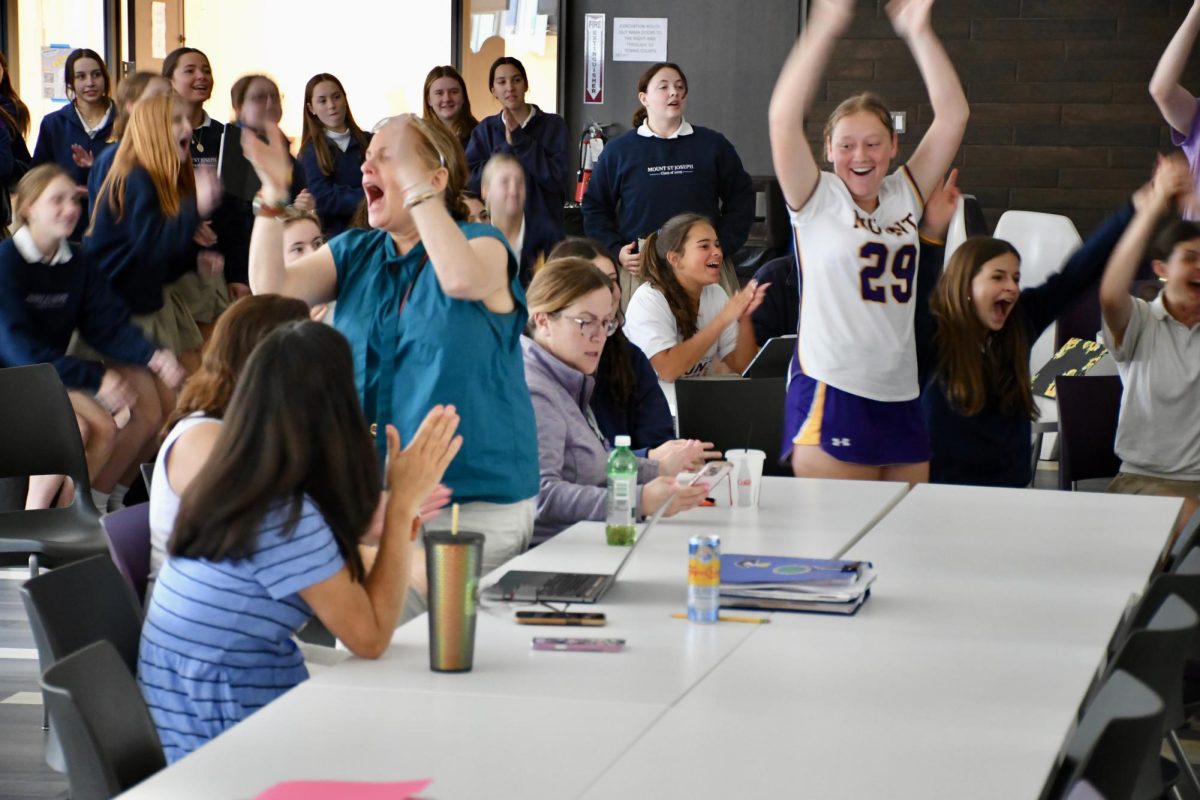
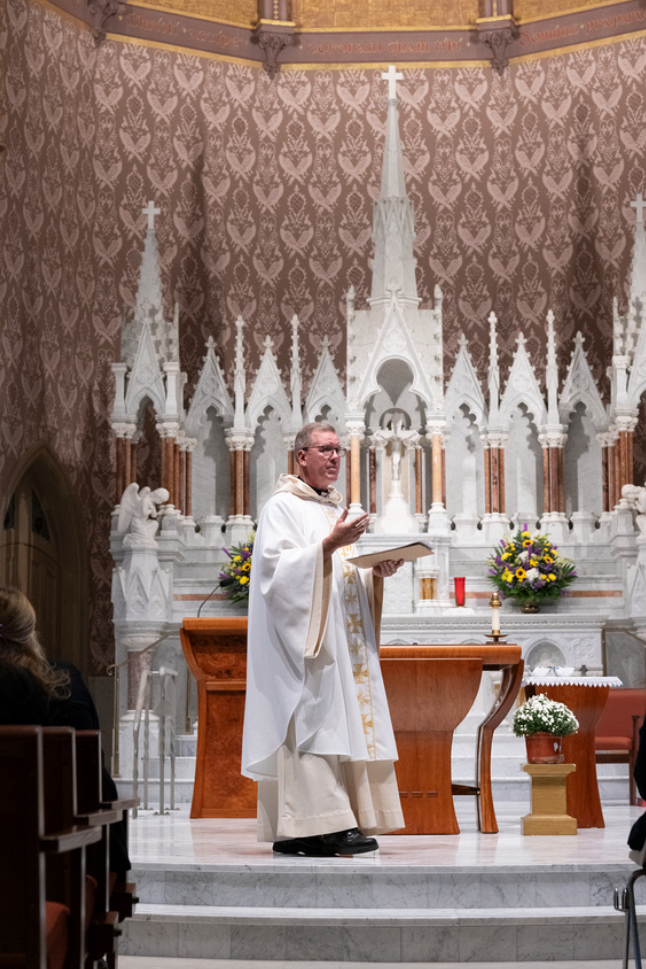
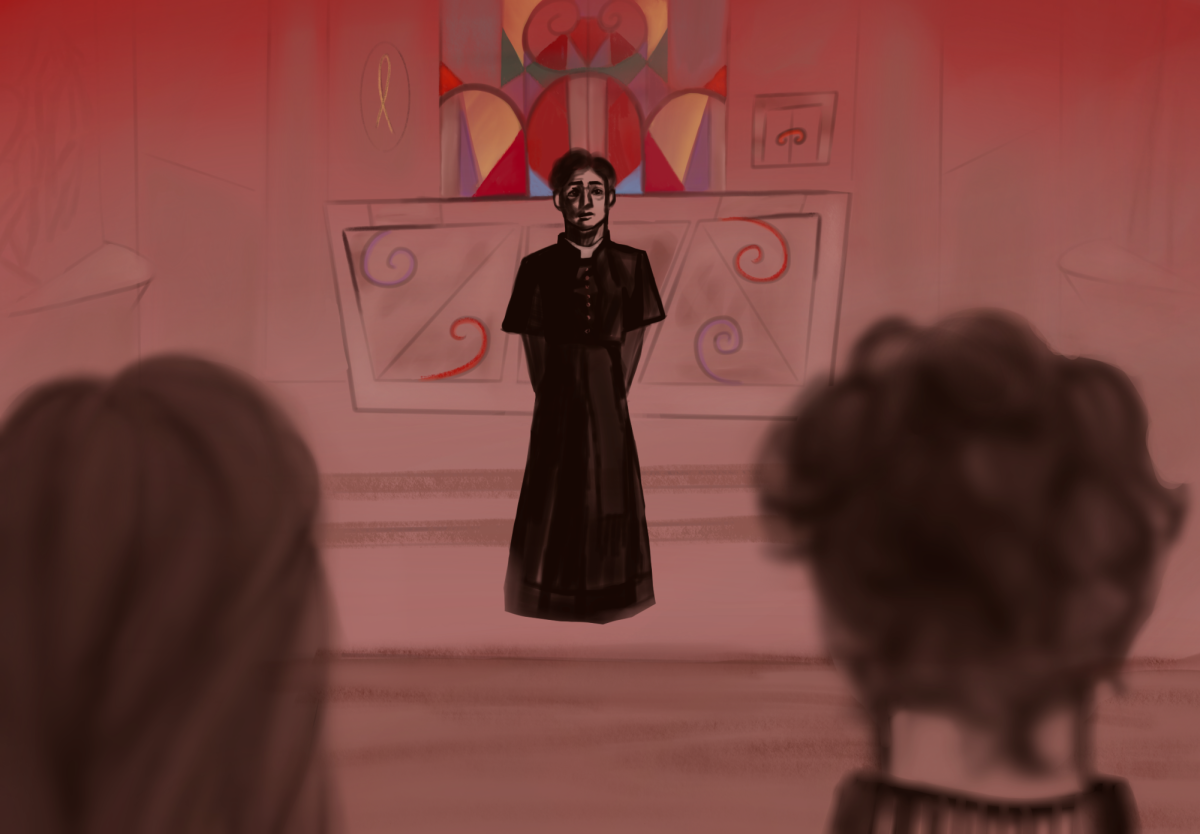



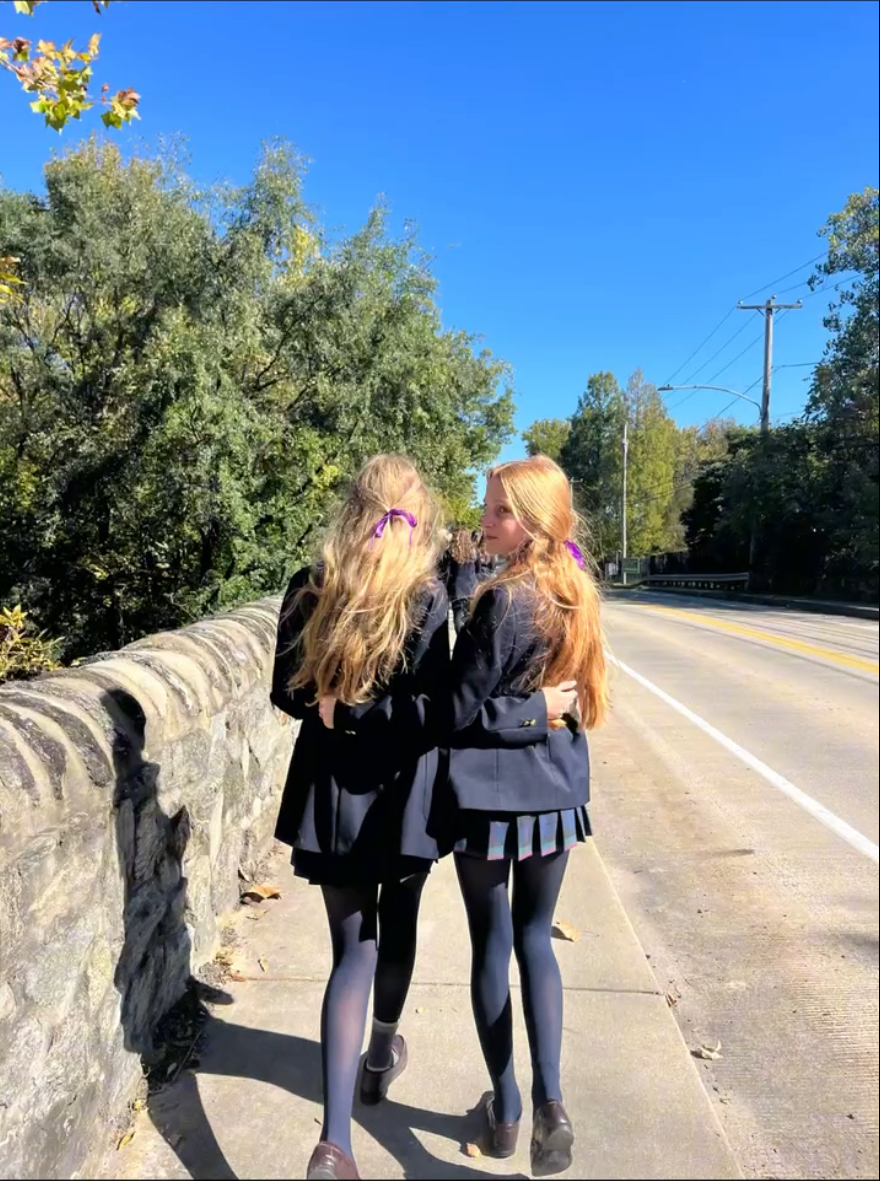




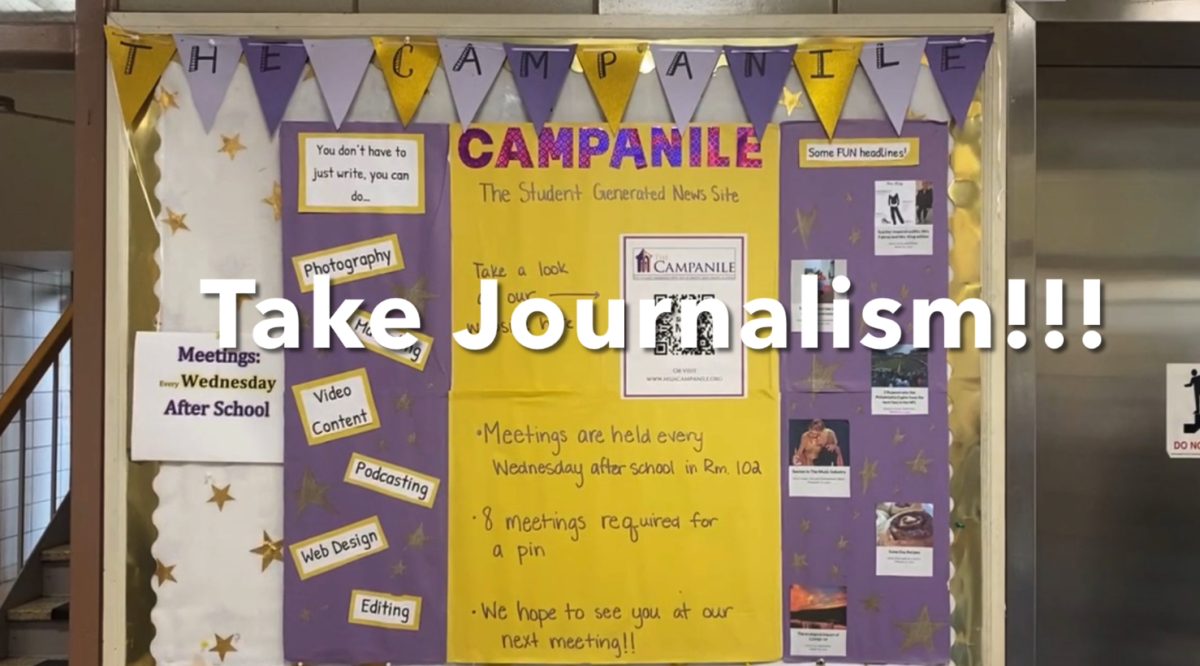

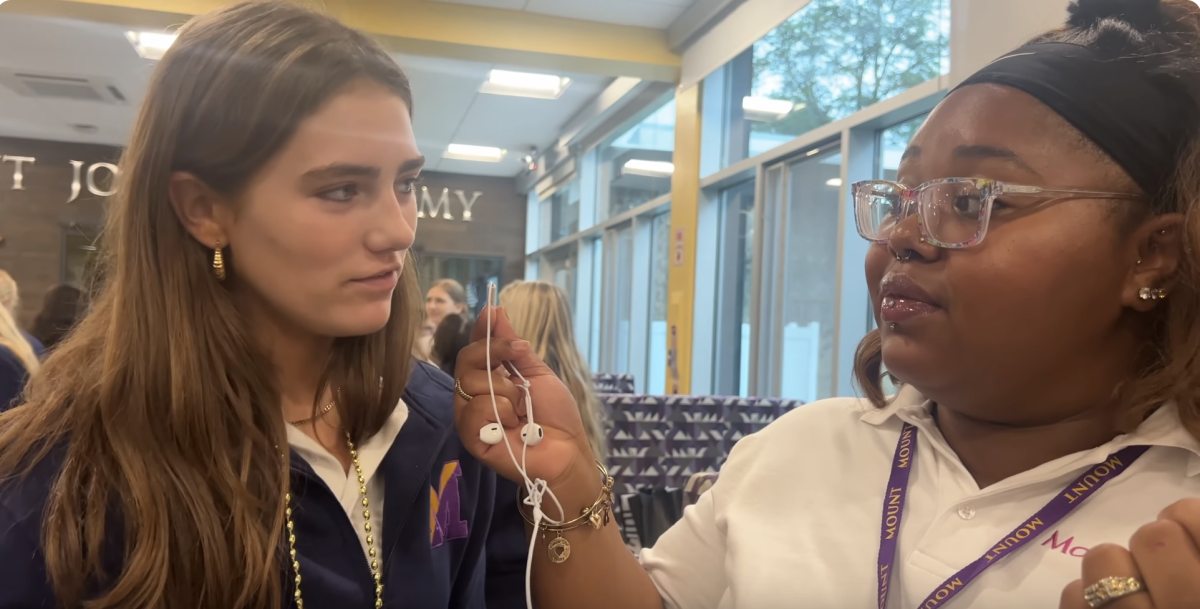
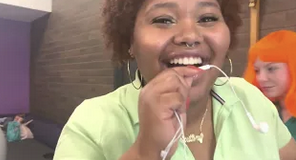
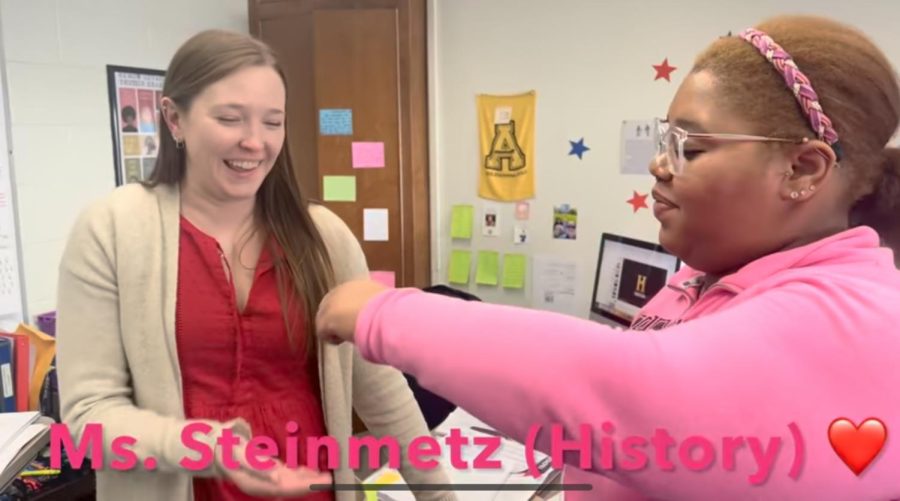


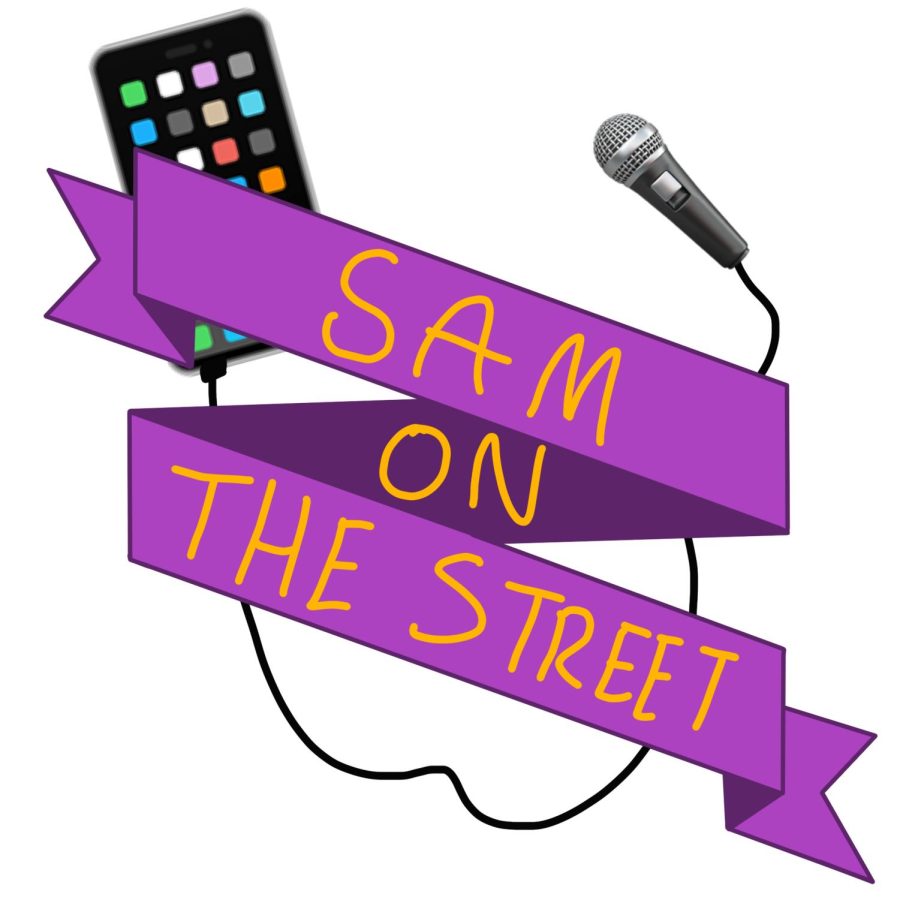
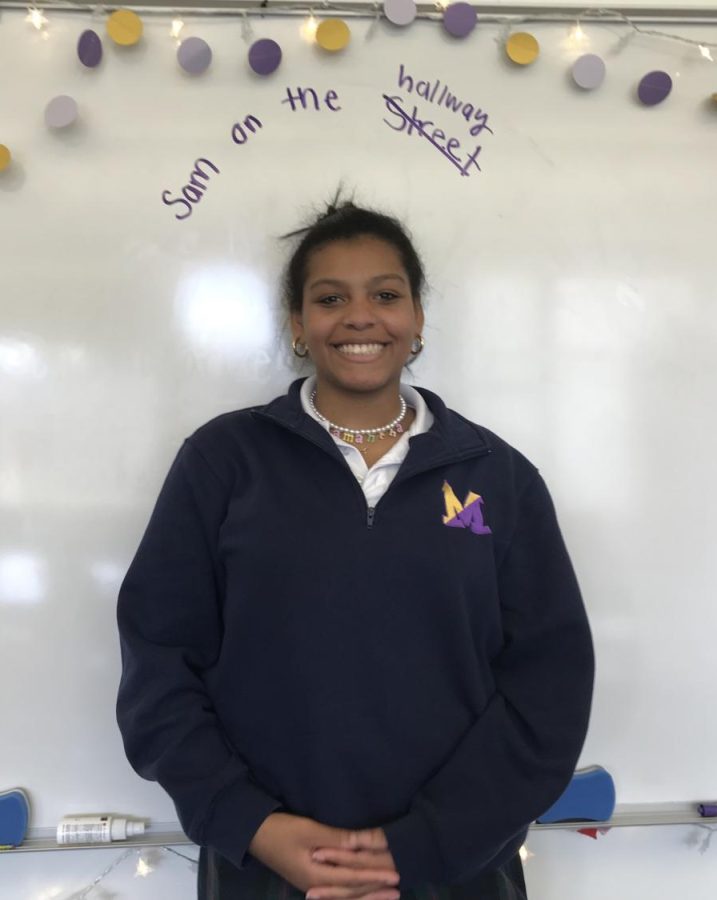




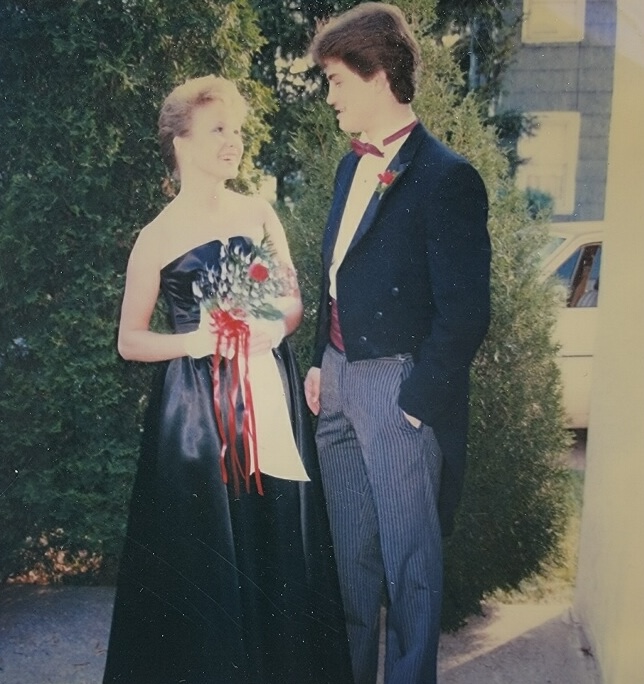
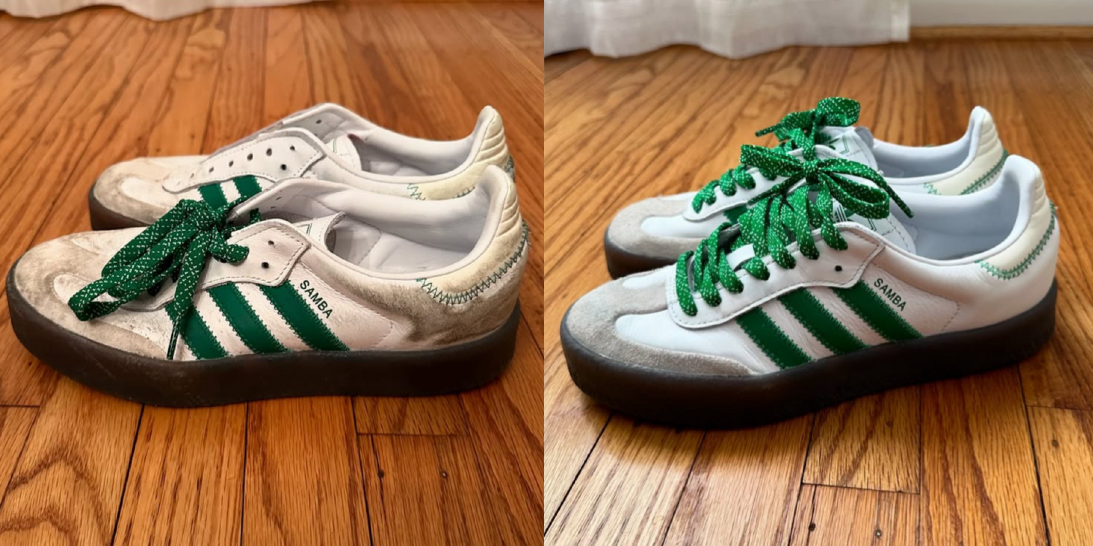
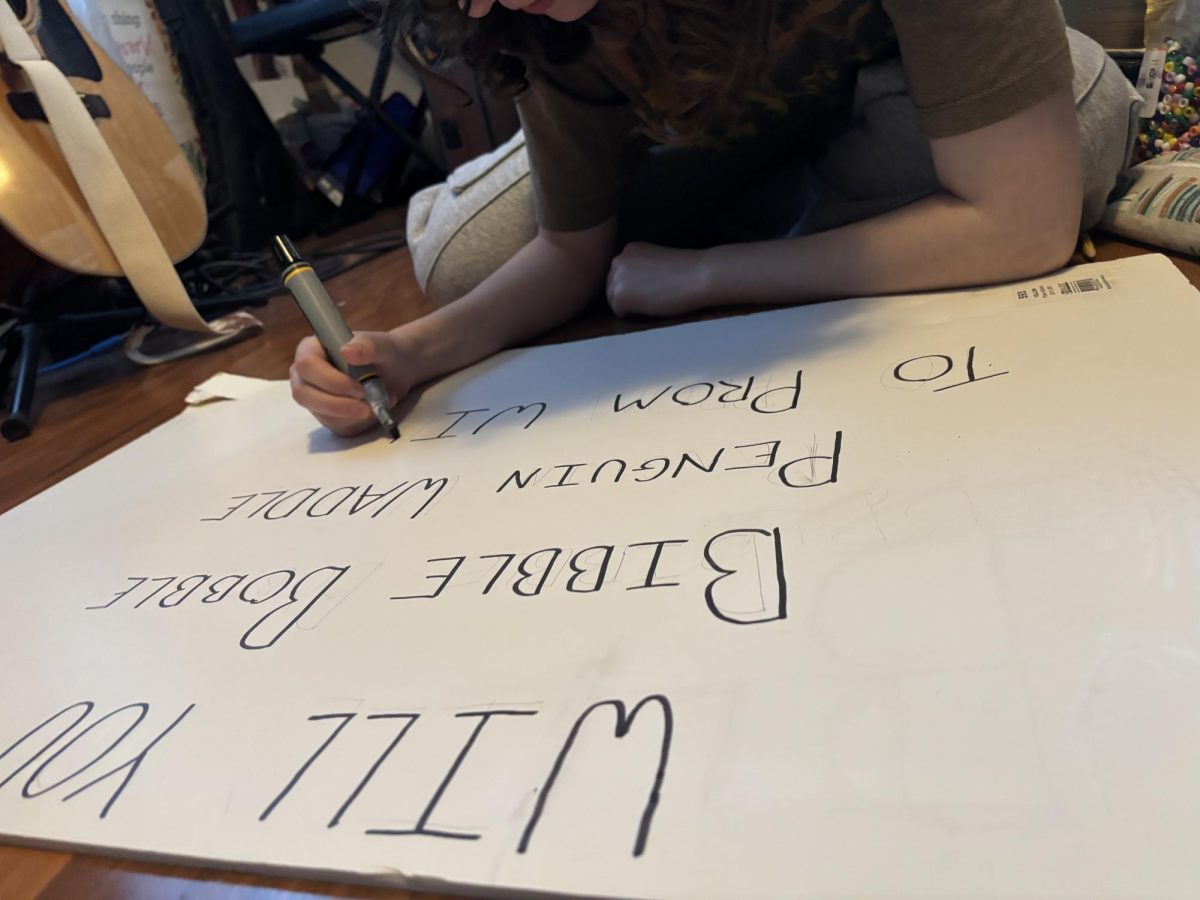



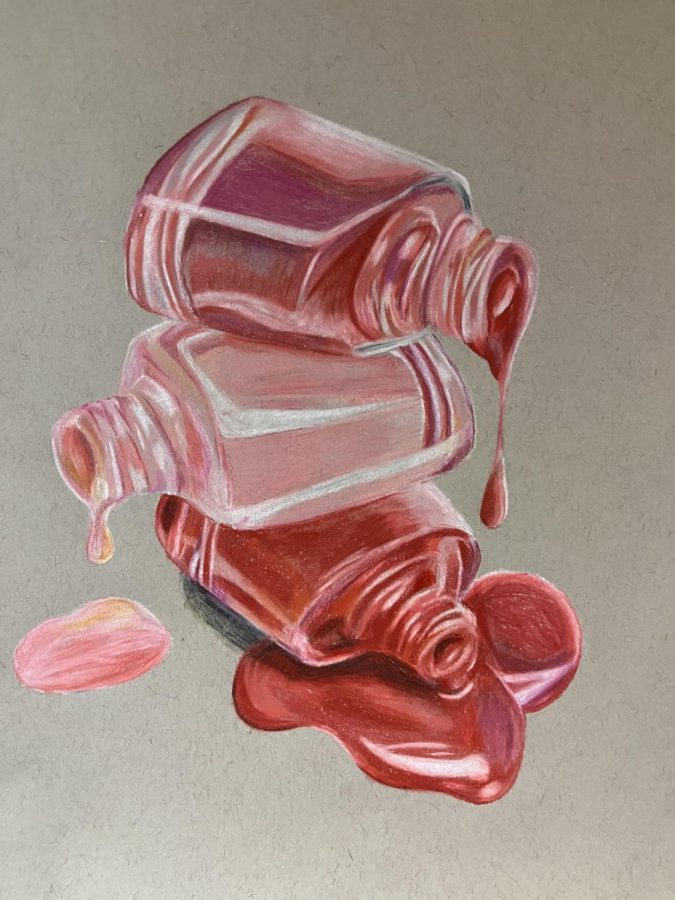
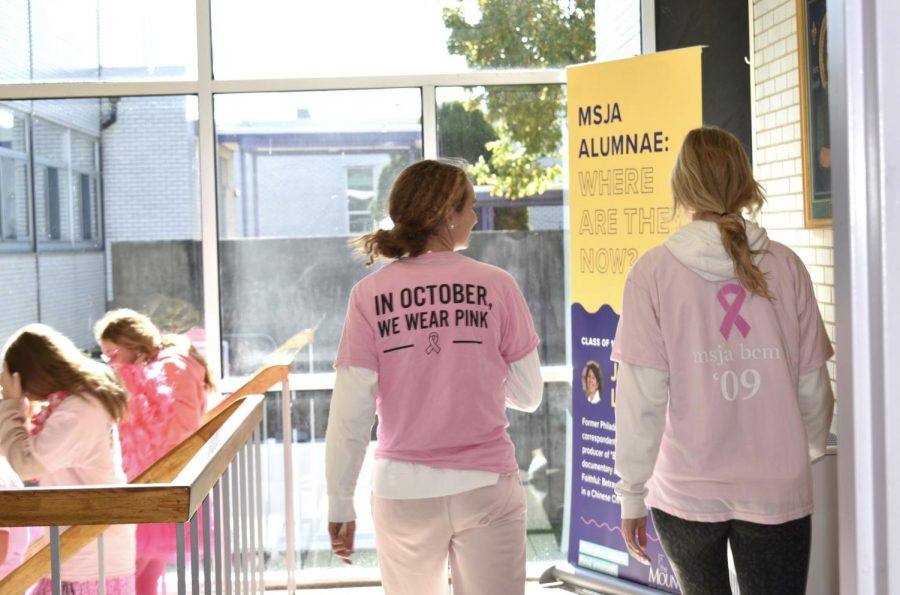

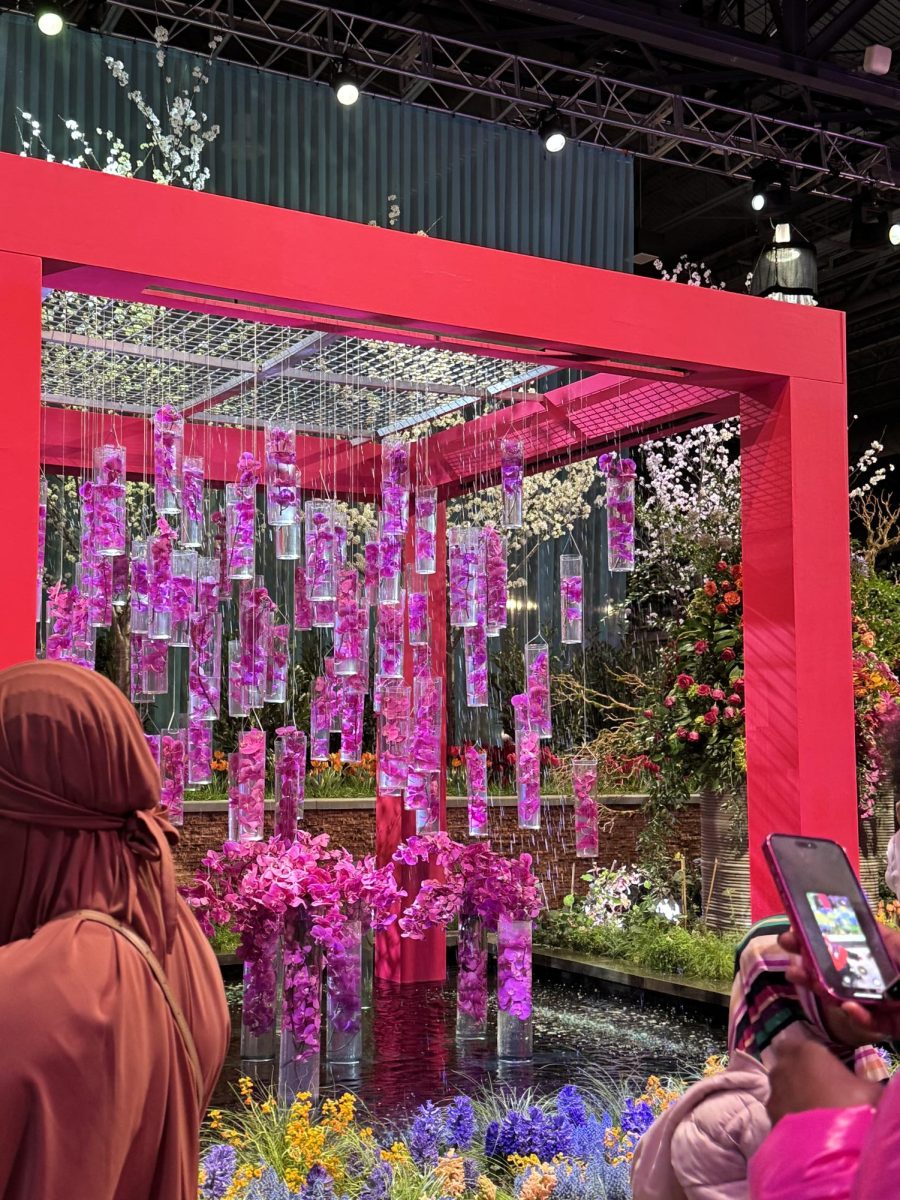

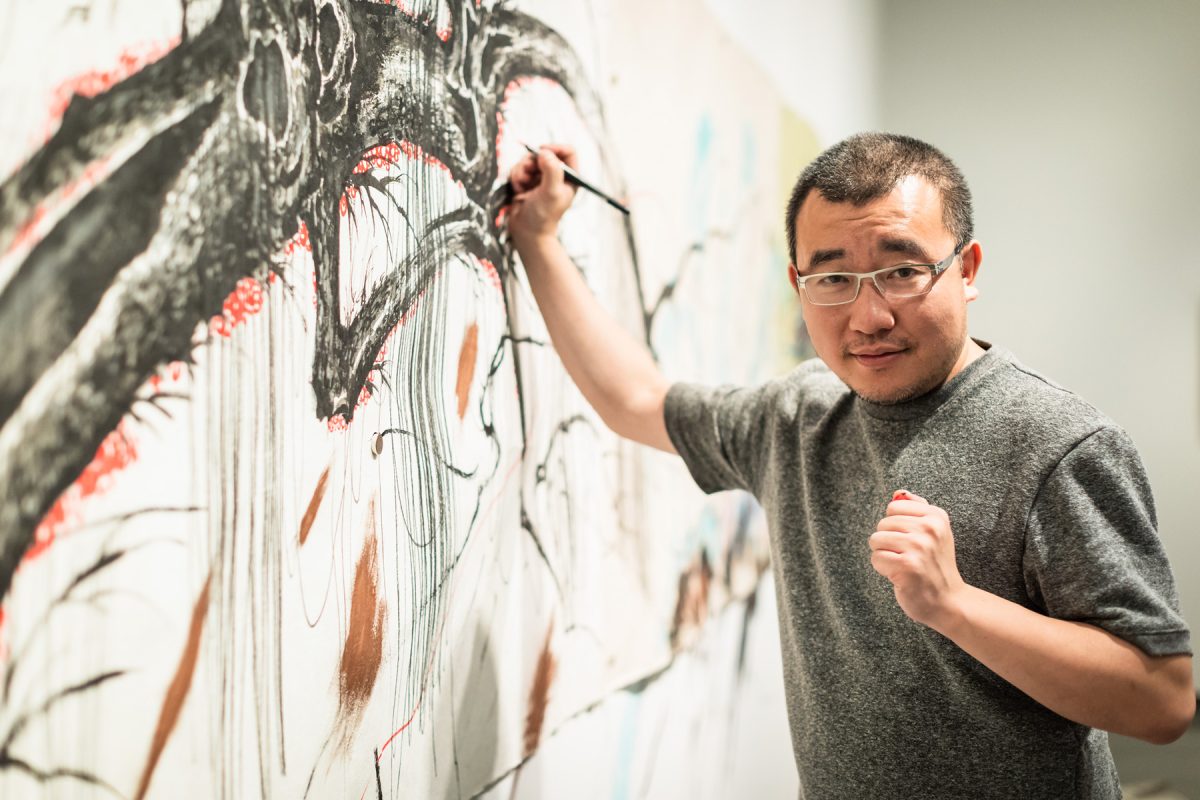
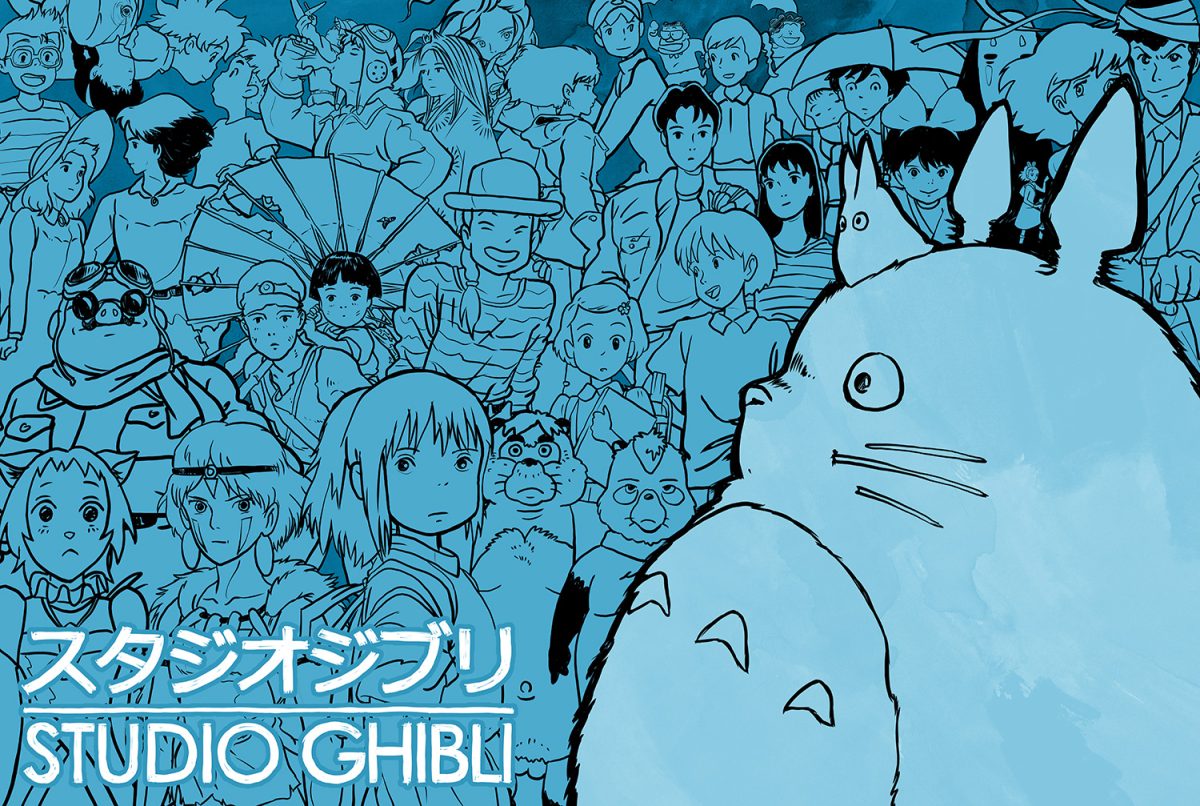
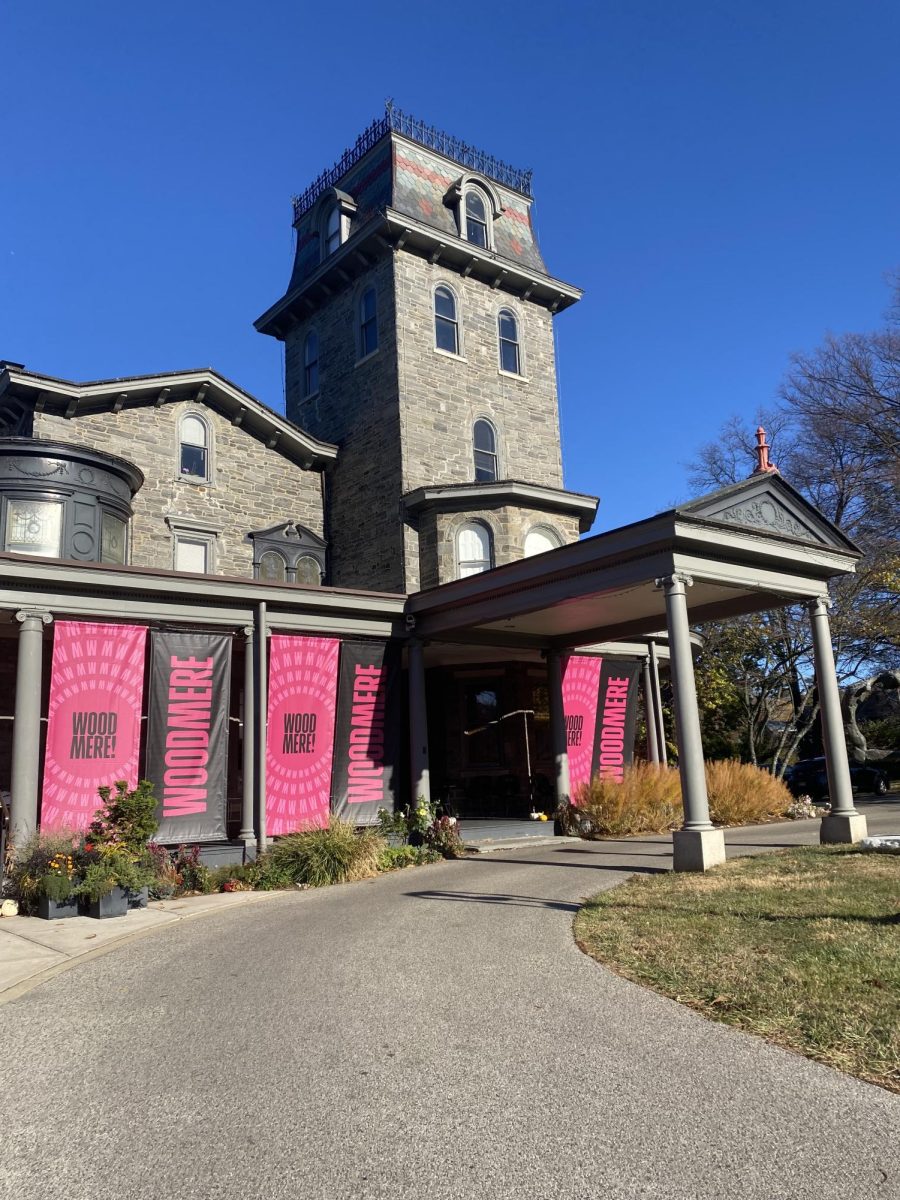



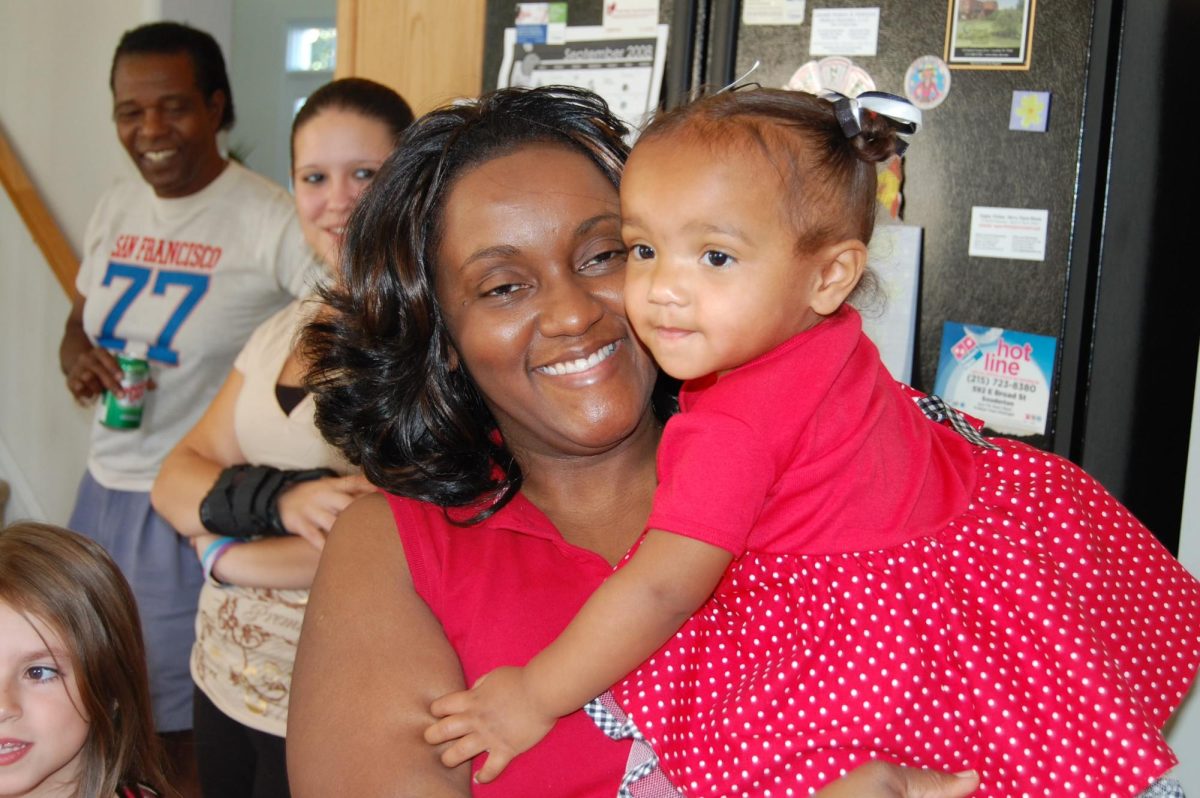
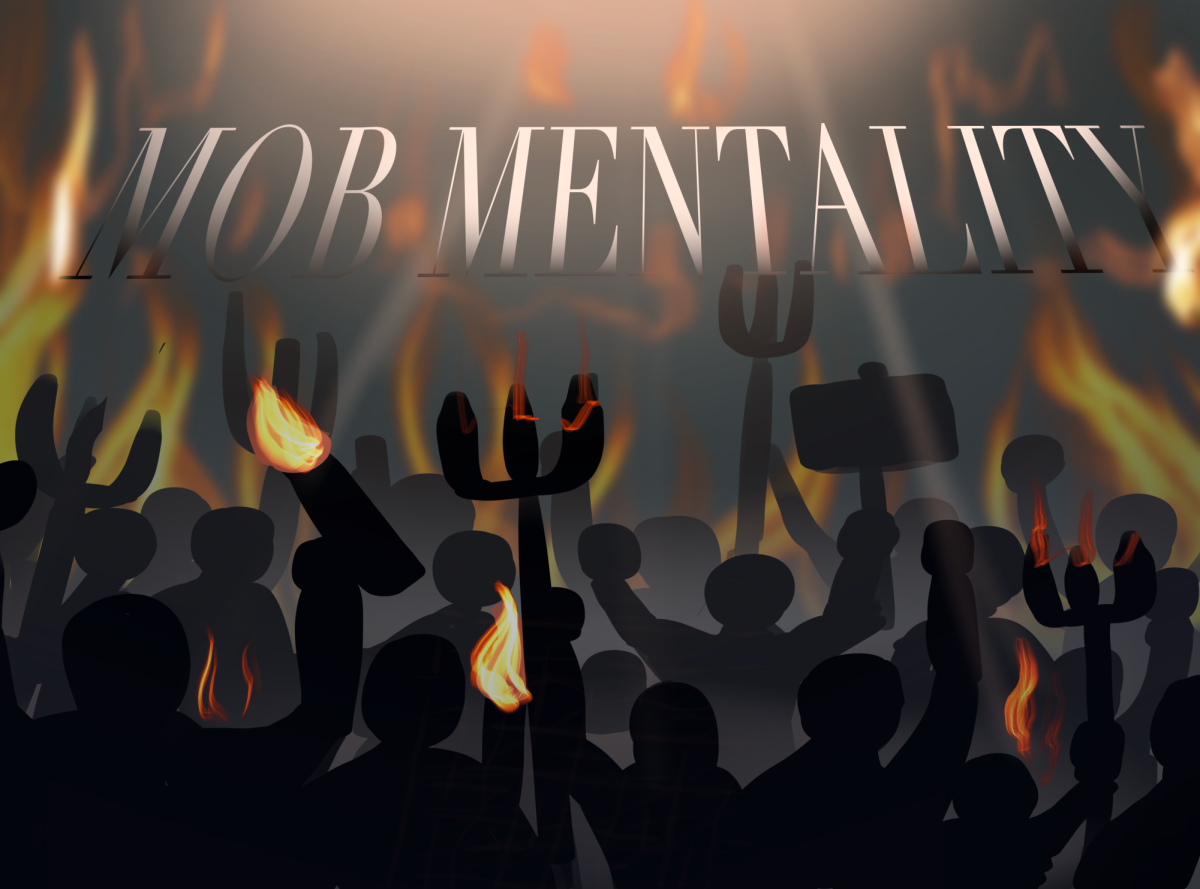

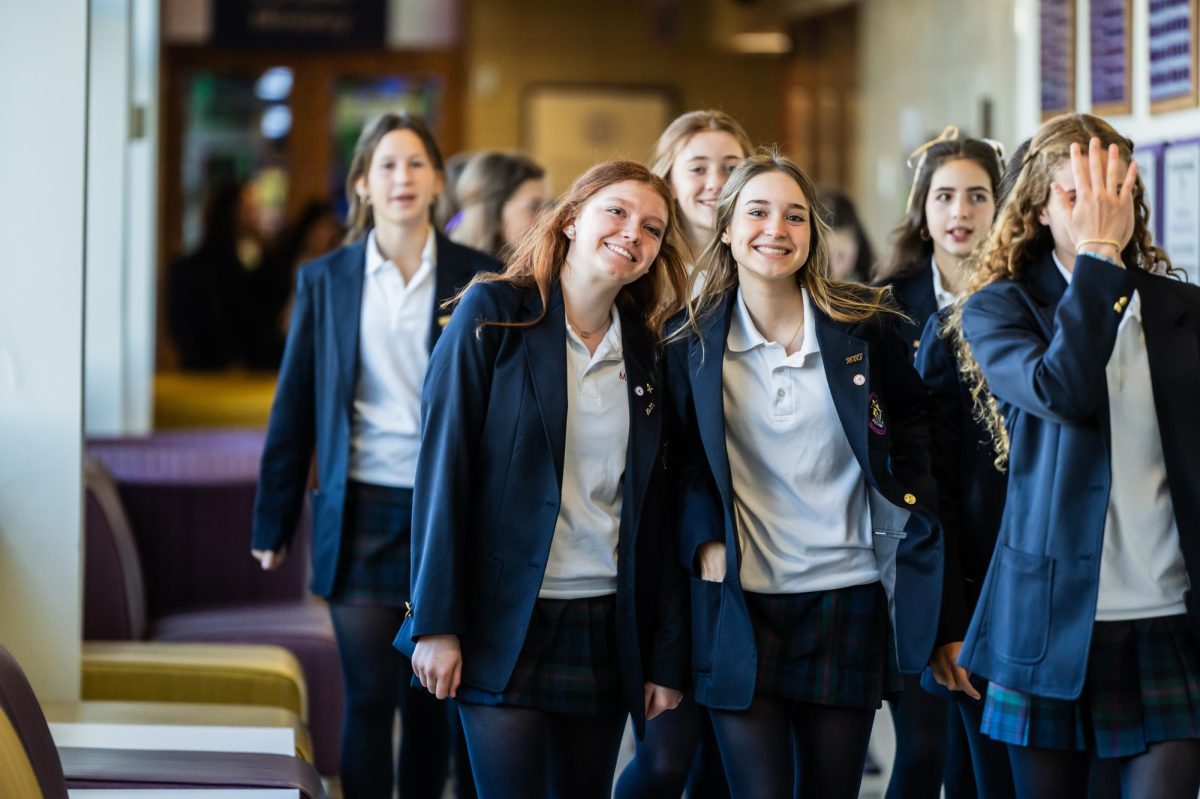
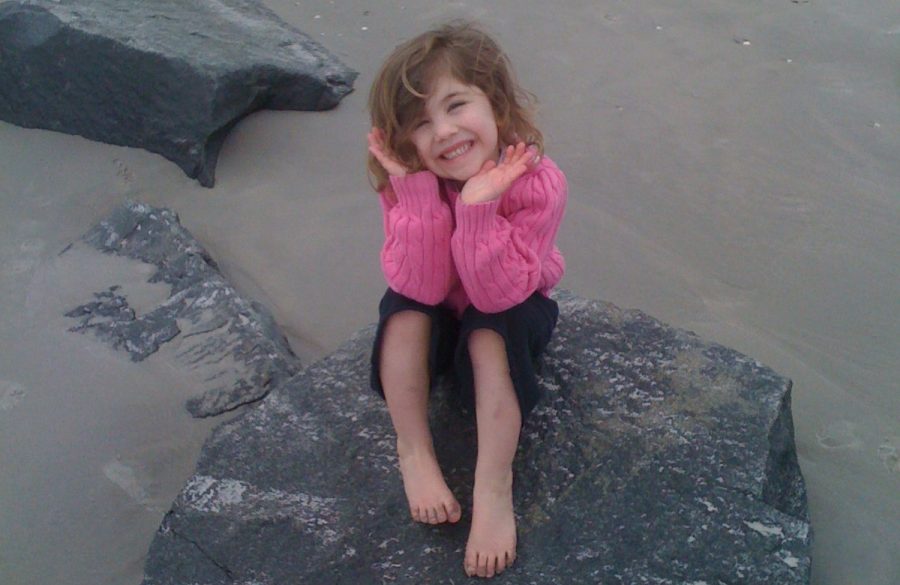


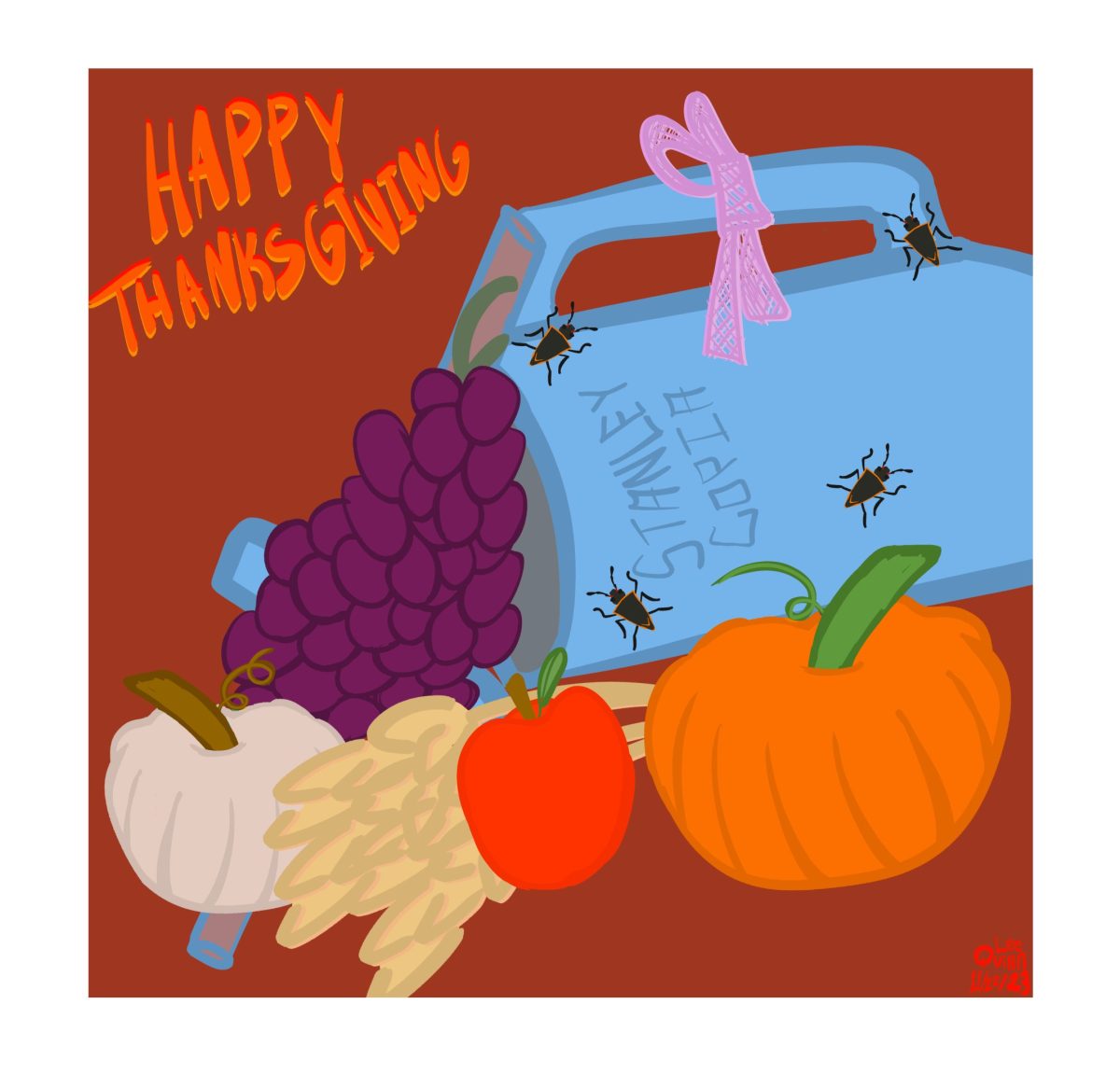
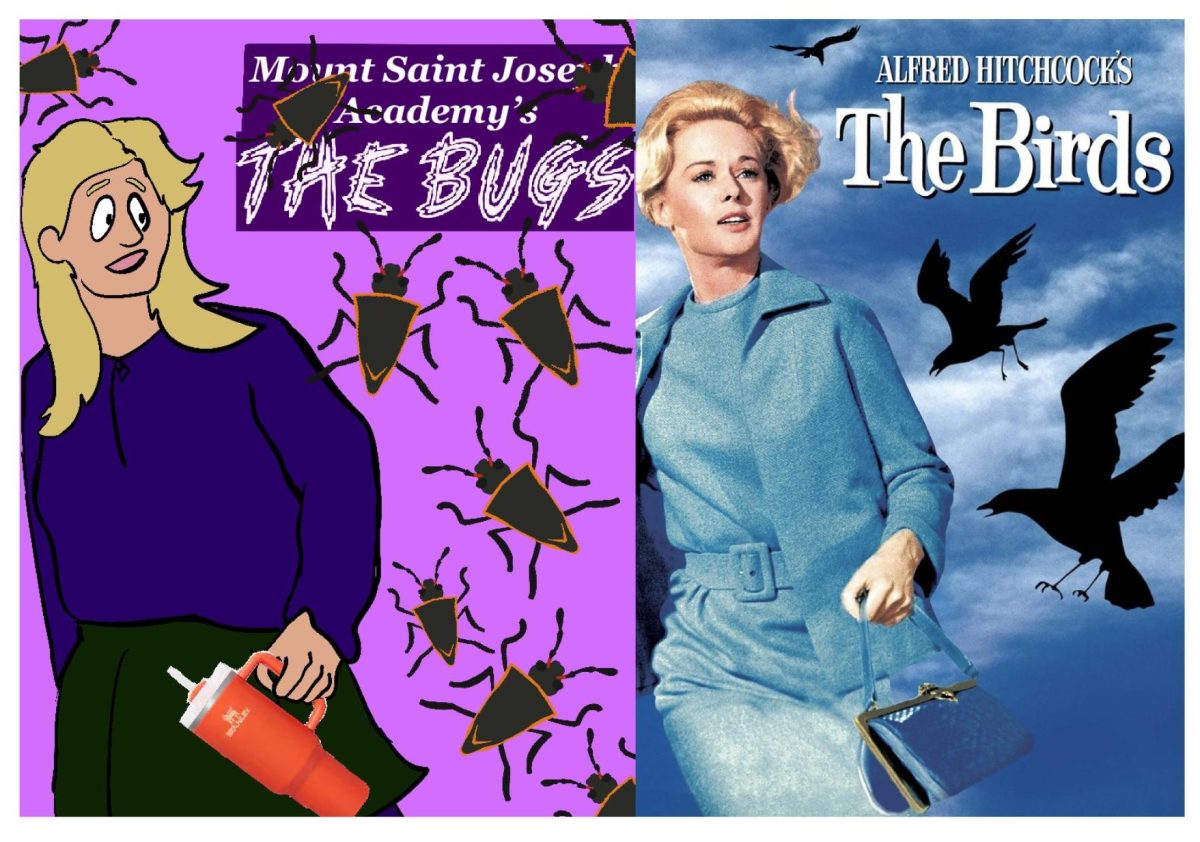
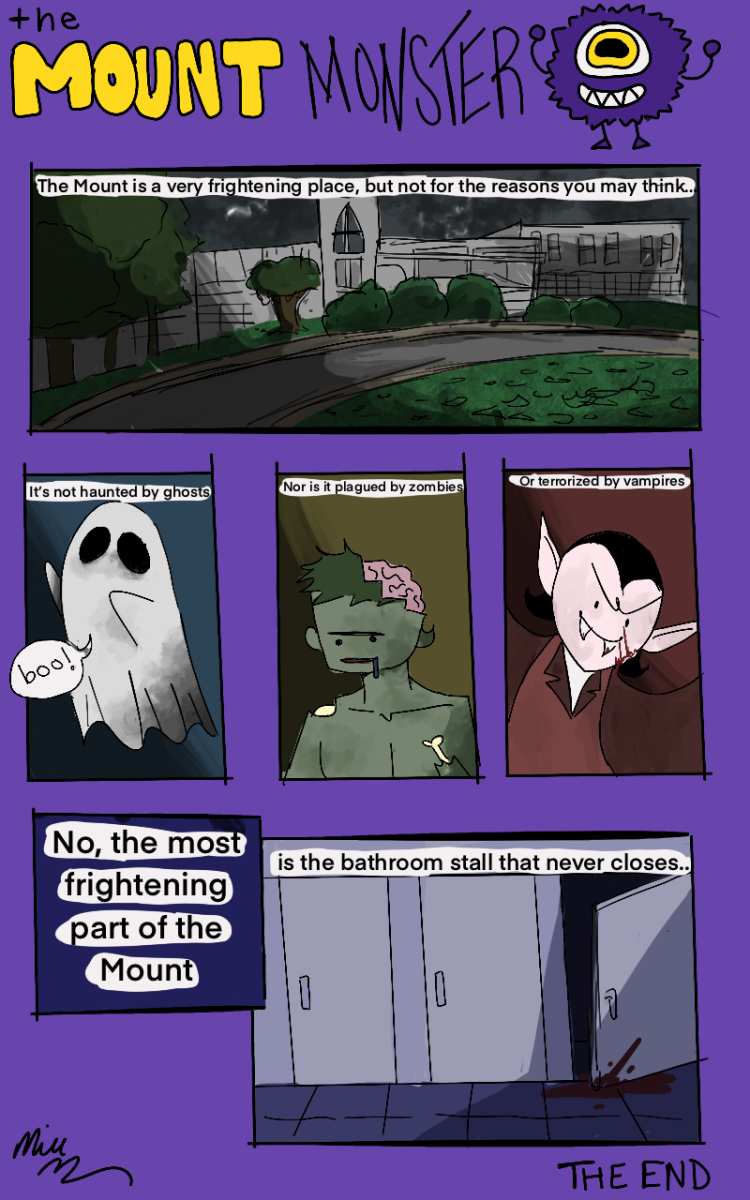
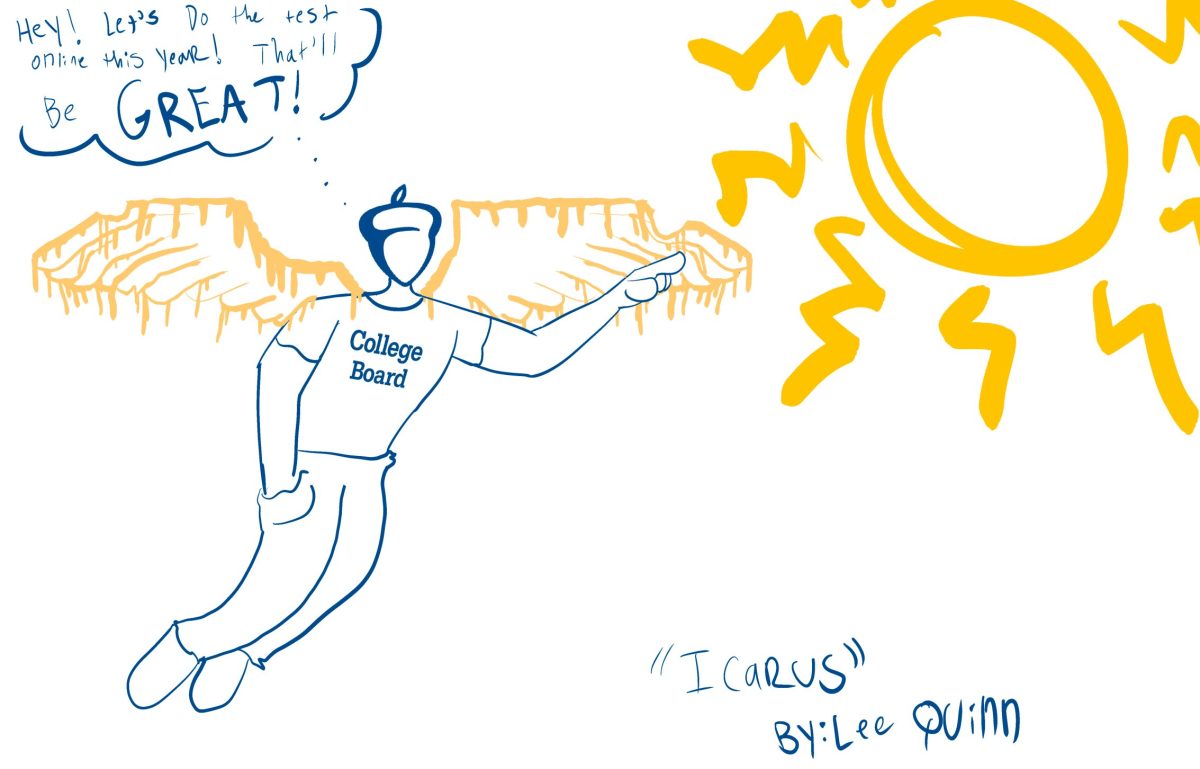




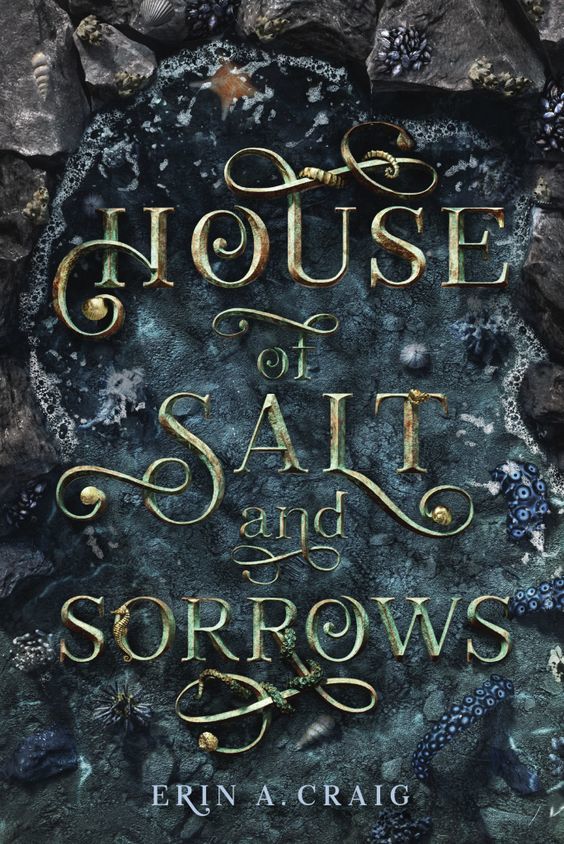

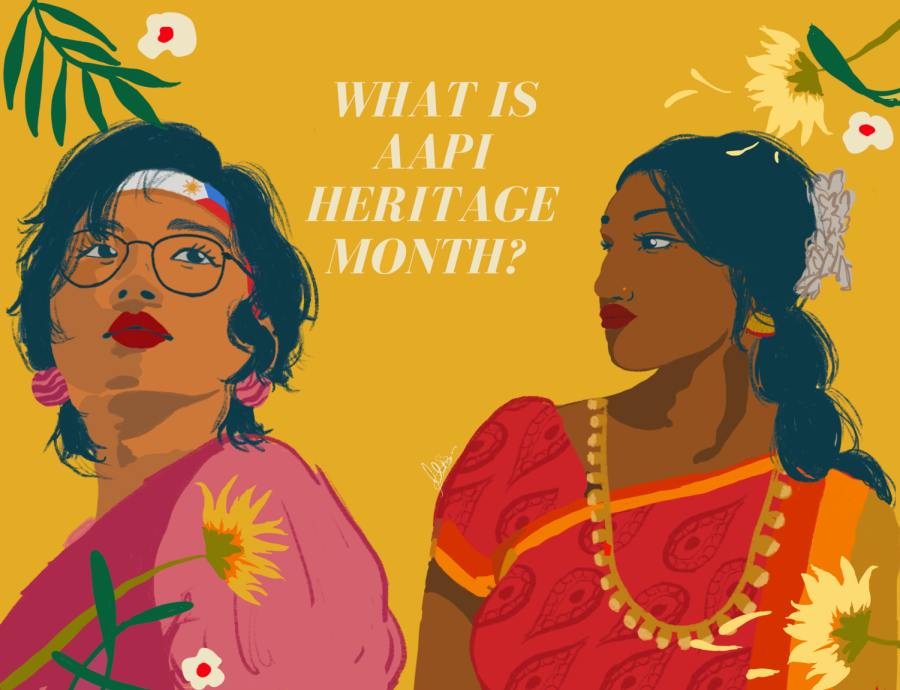
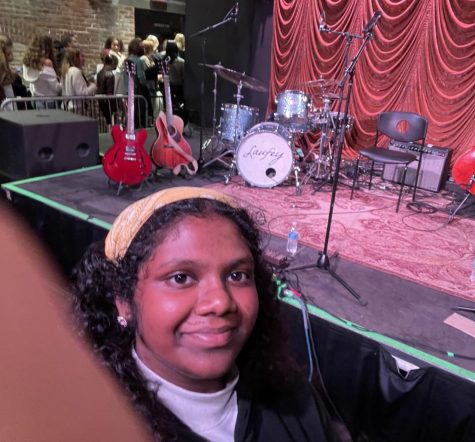
Violet Binczewski • May 11, 2023 at 8:42 pm
Amazing article! The art is beautiful
Emma • May 11, 2023 at 11:32 am
Great article! I love the art in the header!
karl andres :> • May 10, 2023 at 8:28 pm
Great article!